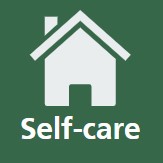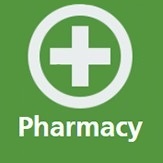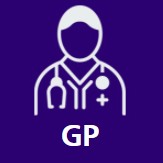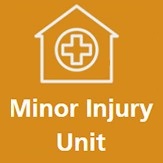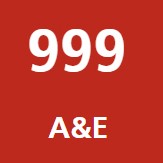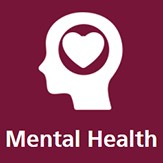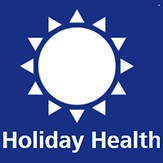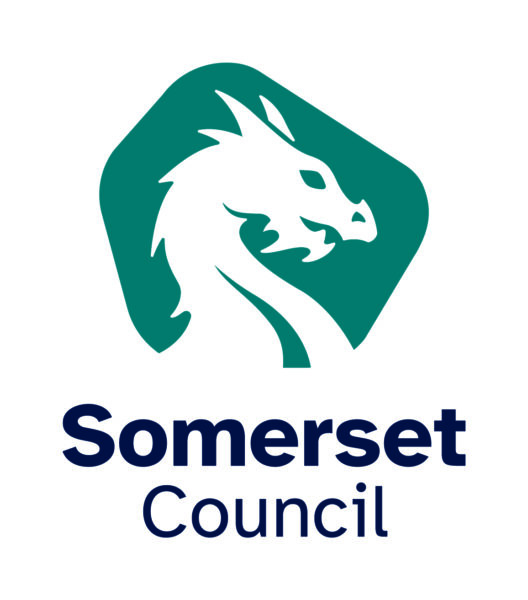Which NHS service should I use?
The NHS is facing unprecedented challenges. We need you to play your part and use services wisely.
Important Notice: Temporary closure of special care baby unit
Important changes to inpatient maternity services at Yeovil Hospital.
Use the right health service for your needs
The NHS is here to help you when you need help with your health and wellbeing. We have put together this choose well guide for you to see what choices you have.
Choosing the right service will ensure you receive the best possible treatment, allowing busy services like hospital Emergency Departments (A&E) to concentrate on helping those most in need.
Many common illnesses can also be resolved quickly and easily at home or through your local pharmacy.
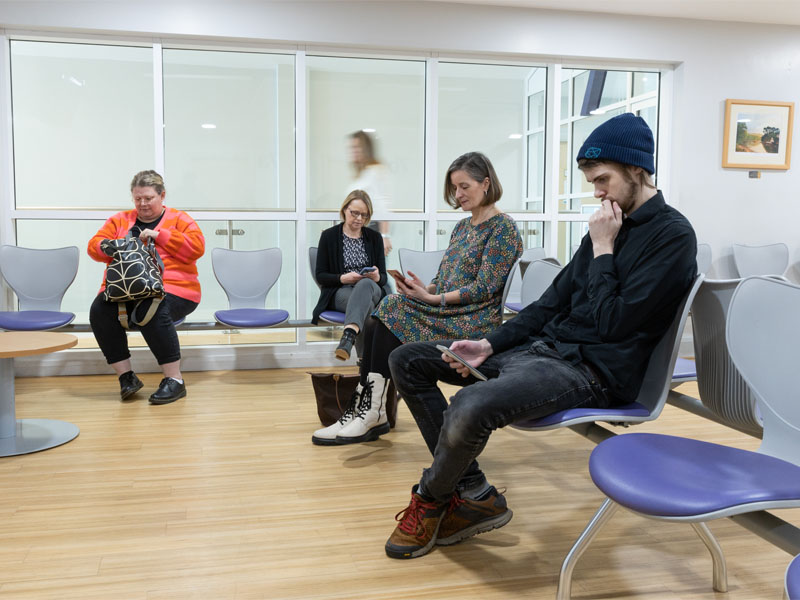
Self care
Self care is about looking after your own health and making the right choices about where to go for help and advice when you need it. Many common illnesses and injuries can be treated at home – talk to your pharmacist about remedies.
Keep a well-stocked medical cabinet.
Pain relief
Painkillers such as aspirin, paracetamol and ibuprofen are highly effective at relieving most minor aches and pains, such as headaches and menstrual pain. Aspirin must not be given to children under 16. These medicines also help with some minor ailments, such as the common cold, by reducing aches and pains and high temperatures. These three medicines also help to reduce the inflammation in arthritis and sprains.
Antihistamines
These are useful for dealing with allergies and insect bites. They’re also helpful if you have hay fever. Antihistamines can come in the form of creams that you apply to the skin (topical antihistamine), or tablets that you swallow (oral antihistamine). Antihistamine creams soothe insect stings and bites, and rashes and itching from stinging nettles. Antihistamine tablets help to control hay fever symptoms, and calm minor allergic reactions to food. They can also help to calm itchiness during chickenpox. Some antihistamines may cause drowsiness. Ask your pharmacist about this: pharmacists may have antihistamines that don’t cause drowsiness.
Oral rehydration salts
Fever, diarrhoea and vomiting make us lose water and essential minerals, and can lead to dehydration. If you have these symptoms and can’t continue your normal diet, oral rehydration salts can help to restore your body’s natural balance of minerals and fluid, and relieve discomfort and tiredness. But they don’t fight the underlying cause of your illness, such as a virus or bacteria. Rehydration salts, available at your local pharmacy, are an easy way to take in minerals and fluid, and help your recovery.
Anti-diarrhoea tablets
Diarrhoea is caused by a range of things, such as food poisoning or a stomach virus, and can happen without warning. It’s a good idea to keep an anti-diarrhoea medicine at home. Anti-diarrhoeal remedies can quickly control the unpleasant symptoms of diarrhoea, although they don’t deal with the underlying cause. The most common anti-diarrhoeal is loperamide (sold under the names Imodium, Arret and Diasorb, among others). It works by slowing down the action of your gut. Don’t give anti-diarrhoeals to children under 12 because they may have undesirable side effects. Speak to your GP or pharmacist for advice about a child with these symptoms.
Indigestion treatment
If you have stomach ache, heartburn or trapped wind, a simple antacid will reduce stomach acidity and bring relief. It’s ideal after a celebration or party. Antacids come as chewable tablets, or tablets that dissolve in water, or in liquid form.
Sunscreen
Keep a lotion of at least factor 15. Even brief exposure to the sun can cause sunburn and increase your risk of skin cancer. Ensure that your suncreen provides UVA protection. You can protect yourself further against the sun by wearing a hat and sunglasses, and by avoiding the sun during the hottest part of the day, between 11am and 3pm.
First aid
As well as the medicines discussed above, keep a well-prepared first aid kit. This can help to treat minor cuts, sprains and bruises, and it can reduce the risk of cuts becoming infected. It should contain the following items:
- Bandages: these can support injured limbs, such as fractures or sprains. They also apply direct pressure to larger cuts before getting them treated in hospital.
- Plasters: a range of sizes, waterproof if possible.
- Thermometer: digital thermometers that you put in your mouth produce very accurate readings. A thermometer placed under the arm is a good way to read a baby’s temperature.
- Antiseptic: this can be used to clean cuts before they’re dressed (bandaged). Most can treat a range of conditions, including insect stings, ulcers and pimples.
- Alcohol-free antiseptic wipes are useful to clean cuts.
- Eyewash solution: this will help to wash out grit or dirt in the eyes.
- Sterile dressings: larger injuries should be covered with a sterile dressing to prevent infection until treatment can be given by a health professional.
- Medical tape: this is used to secure dressings. It can also be used to tape an injured finger to an uninjured one, creating a makeshift splint.
- Tweezers: for taking out splinters. If splinters are left in, they can cause discomfort and become infected.
Always follow the directions on medicine packets and information leaflets, and never exceed the stated dose. If you have further questions about any of these medicines or you want to buy them, ask your local pharmacist. Always keep medicines out of the sight and reach of children. A high and lockable cupboard in a cool, dry place is ideal. Regularly check the expiry dates. If a medicine is past its use-by date, don’t use it or throw it away. Take it to your pharmacy, where it can be disposed of safely.
Each season brings with it a number of minor health problems that you can also deal with at home or with help from your pharmacist, advice on how to stay well all year round can be found on the NHS website.
The NHS website
If you’re feeling unwell or have a minor injury you can get expert help online on the NHS website. This is the UK’s biggest health website offering a wealth of health information and services to put you in control of your healthcare www.nhs.uk.
Try the NHS Health A-Z or Symptom Checker
NHS Apps
NHS Digital have developed a range of apps to provide you with straightforward information on a range of health issues.
HANDi app
Not sure what to do when your child is unwell? Download the FREE HANDi Paediatric App and get expert advice about common childhood illnesses and how to treat them.
This app gives you more confidence in dealing with minor conditions at home.
You will answer a series of questions about the symptoms your child is experiencing. The app then advises on the best course of action, whether that’s to treat at home, visit your local pharmacy, make a GP appointment, or head to A&E.
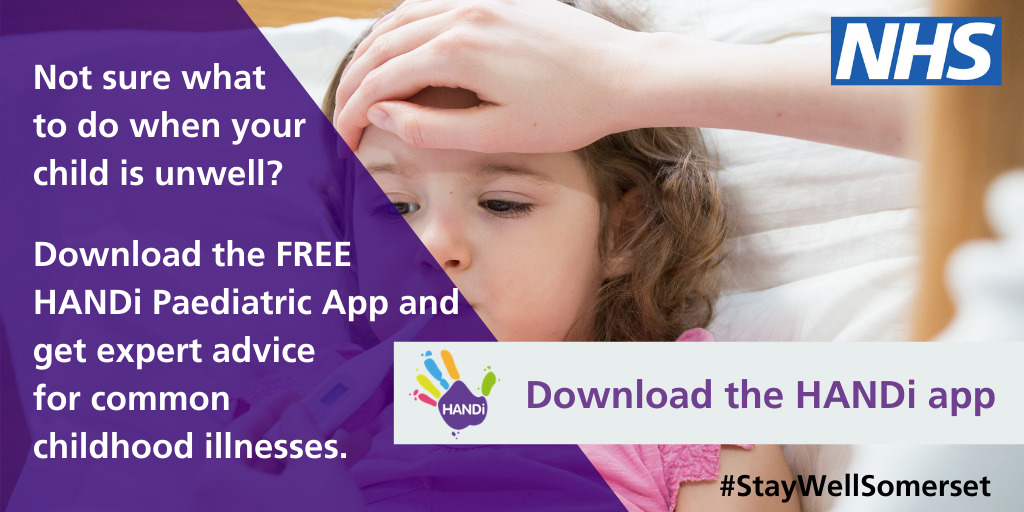
The HANDI app offers simple and straightforward advice, for the following conditions in children:
- diarrhoea and vomiting
- high temperature
- ‘chesty baby’ illnesses, such as bronchiolitis, asthma and croup
- ‘chesty child’ illnesses such as wheezing and asthma
- abdominal pain
- common newborn problems.
Download the HANDi App for Android phones at Google Play.
For iPhone or iPad you can download it from the app store or iTunes, using the search term ‘HANDi App’.
Your pharmacy
You can visit your local pharmacy where fully trained health professionals will provide on-the-spot confidential advice. You don’t need an appointment and they can advise on the best medicines for many common illnesses.
To find your nearest pharmacy visit https://www.nhs.uk/service-search/pharmacy
For bank holiday opening hours, visit the NHS England website.
Pharmacies also offer a GP Community Pharmacy Consultation service. We have introduced a new, same-day, GP community pharmacy consultation service to help you receive quality care and support for minor health conditions, more quickly through accessing care via your community pharmacist.
NHS 111
If you think you need medical help right now, 111 online can tell you what to do next for:
- help with my symptoms or injury
- dental help
- a prescription or medicines information
- information about COVID-19
- mental health help
- help with an existing medical condition
Call 111 to speak to someone if you need to:
- discuss complex medical problems
- discuss worries about a long-term condition
- get end-of-life care, or report a death
- report child protection or vulnerable adult concerns
For people with serious or life-threatening illnesses or injuries please dial 999.
Other ways to contact 111 if you have a hearing problem or need help in other languages
To talk to someone about your mental wellbeing you can call the 24/7 NHS mental health telephone support helpline on 0800 038 5300 for advice and triage.
Support is available to anyone, regardless of age, all day every day. If you or someone you know feels they need to access urgent mental health support, they will listen to you and assess how best to help.
Calls to NHS 111 are free, although mobile users will require a minimum of 1p credit. If you would benefit from the assistance of a BSL/English interpreter, you can use the free NHS 111 BSL service. Click here for more information about the interpreter 111 service.
In a serious or life-threatening situation call 999.
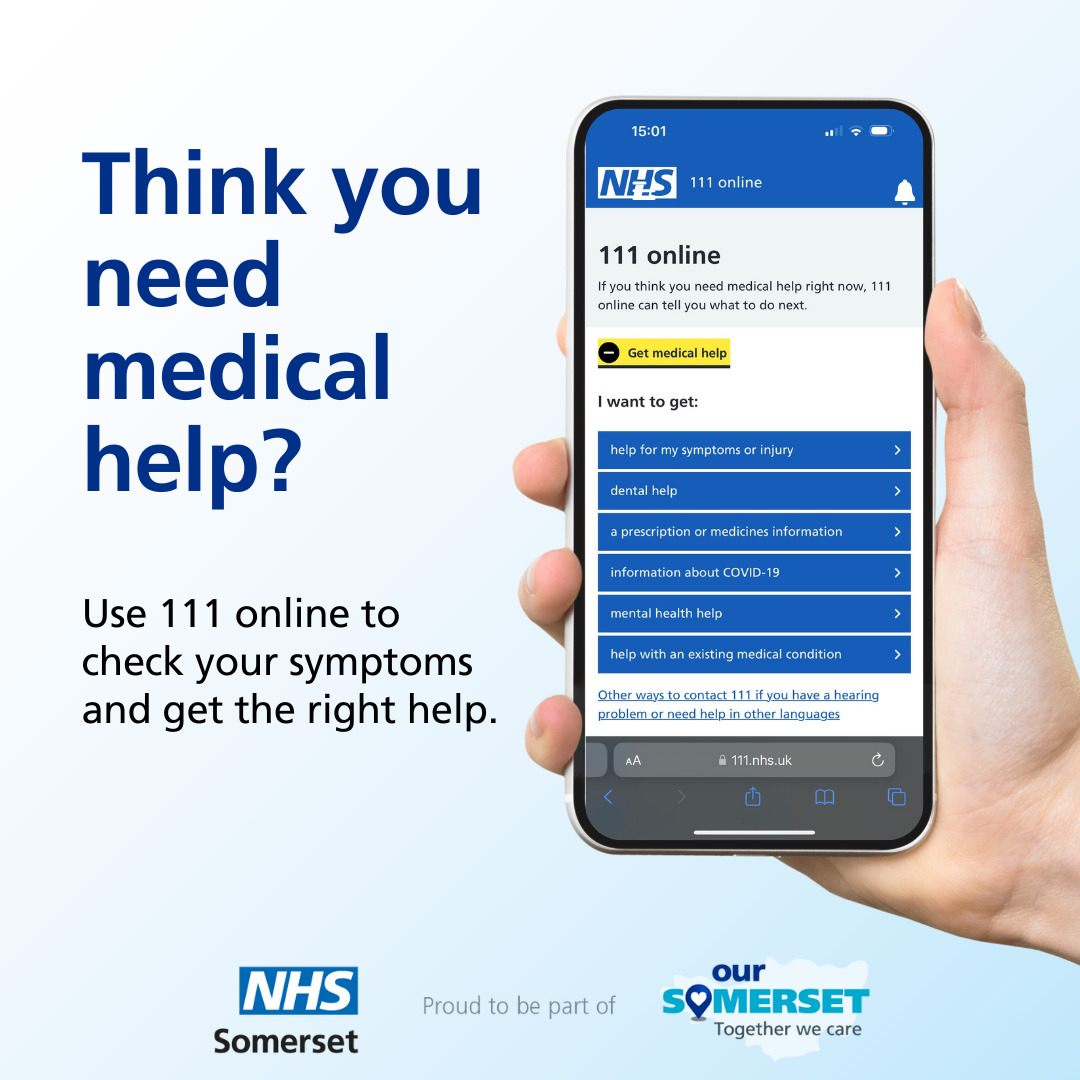
Your GP surgery
You can make an appointment with your GP for illnesses and injuries which aren’t life-threatening, but which won’t go away.
GPs provide medical advice, examinations and prescriptions, and you can speak to your GP or practice nurse over the phone.
GP surgeries are generally open 8.00am – 6.30pm weekdays. If you need a GP outside of these hours go online at 111.nhs.uk or call NHS 111.
GP surgeries also offer online services where you can book routine appointments, order repeat prescriptions and access your medical record via the internet.
GP surgeries also offer online services where you can book routine appointments, order repeat prescriptions and access your medical record via the internet. Read more about GP online services.
If you’re not already registered with a GP find out more about how to register with a GP surgery.

You can contact most GP practices online as well as by phone. If you have access to the internet then going online means you can avoid sitting in phone queues and help leave phone lines clearer for others. You can also use this method to order repeat prescriptions and fit notes at some practices. Visit your practice’s website to find the best way to get in touch.
We know surgery phone lines are very busy and people are finding it difficult to get through. General practice teams are working very hard to help as many people as possible. General practice teams now include a range of care professionals who you may be offered an appointment with.
Find out more about how GP practices are working now.
Further information on GP Access Data from NHS Digital
On the morning of 24 November, NHS Digital will publish for the first time General Practice Access Data (GPAD) for all practices in England. This will then be published on a monthly basis.
We know that there is a mismatch between data that some GPs hold locally and what is being published nationally and will be working with practices to address this and make sure the national data presents the true picture.
If you’re not already registered with a GP find out more about how to register with a GP surgery.
Enhanced Access in Primary Care
Since April 2022, GP practices across Somerset have been working closely together as Primary Care Networks (PCNs) to review and consider how they can provide access to pre-booked appointments between 6:30pm to 8pm on Monday to Friday and on a Saturday between 9am to 5pm to best meet the healthcare needs of their communities.
While all Somerset PCNs are already offering enhanced access provision to local communities, some areas are continuing to develop the service to ensure what they offer is suitable to match the level of demand being seen at a local level.
It is important that services provided to patients are relevant, timely and consistent to ensure the healthcare needs of the local community are met in the right way. Not all practices and communities will have similar needs, so PCNs will be offering services to best meet their local population needs. The types of services being provided could include routine appointments with a healthcare professional, vaccinations and annual health checks. For more detail on the service being offered in your local area, please contact your registered practice.
While enhanced access will provide opportunities for patients to be seen by a relevant healthcare professional, it is also important to remember that this provision is for pre-booked (same day or advance) appointments only. Enhanced access appointments will still need to be booked during practice opening hours.
Enhanced access is also not an urgent care service, so for those needing out of hours support the advice is that patients continue to contact 111 either online at 111.nhs.uk or by calling NHS 111 to ensure they get the right medical advice or treatment more quickly.
People with minor illnesses, including hay fever, coughs and colds, skin infections as well as aches and pains, can also speak to their local pharmacist or use our NHS Somerset GP Community Pharmacy Consultation Service which offers patients a same-day appointment for over 40 minor conditions at a community pharmacist of their choice, when they are offered an appointment for this service by their surgery.

Repeat prescriptions
GP surgeries and community pharmacies are under considerable demand at the moment, and repeat prescribing is a significant part of GPs’ and community pharmacy’s daily workload. Electronic Repeat Dispensing (eRD) has been shown to save GP time spent on repeat prescriptions and to be more convenient for patients.
You might be suitable for eRD if you get regular or repeat medicines that don’t change. eRD means your GP can send your regular or repeat prescriptions electronically to a pharmacy of your choice.
Find out more about electronic repeat dispensing:
Further information on GP Access Data from NHS Digital
On the morning of 24 November, NHS Digital will publish for the first time General Practice Access Data (GPAD) for all practices in England. This will then be published on a monthly basis.
We know that there is a mismatch between data that some GPs hold locally and what is being published nationally and will be working with practices to address this and make sure the national data presents the true picture.
Urgent Treatment Centres (UTC) and Minor Injury Unit (MIU)
If you need to see someone straight away for a minor injury visit your local minor injury unit.
In Somerset, there are seven Minor Injury Units at community hospitals in Bridgwater, Burnham on Sea, Chard, Frome, Glastonbury, Minehead and Shepton Mallet.
Using your local MIU instead of A&E can also cut down on how long you have to wait for treatment. If you’re not sure where you should be going, you can always go online at 111.nhs.uk or call NHS 111 for advice.
Our team of Emergency Nurse Practitioners see, assess, diagnose and treat a wide range of non-life threatening minor illnesses and injuries. Common examples include:
- Chest infections
- Throat infections
- Eye infections
- Urinary infections
- Emergency contraception
- Sprains and strains
- Broken bones
- Wounds.
They treat children as well as adults.
999/A&E Emergency Department
A&E/Emergency Departments are for life threatening illnesses and injuries only. They are open 24 hours a day, 7 days a week.
Dialling 999 or going to A&E if you don’t need to could delay treatment for someone more seriously ill than you are.
Find out more about when to call 999
If you have a life threatening illness or injury, there are A&E Emergency Departments at:
- Musgrove Park Hospital, Taunton TA1 5DA
- Yeovil District Hospital, Yeovil BA21 4AT
- Royal United Hospitals Bath, Combe Park BA1 3NG
- Weston General Hospital, Uphill BS23 4TQ
Our Emergency Departments are open 24 hours a day, 7 days a week for anyone seeking treatment for an a life-threatening problem caused by an accident or illness. You should be aware that our Emergency Department can be very busy.
Some examples of conditions appropriate for treatment in an Emergency Department are:
- Chest pain
- Sudden onset weakness or speech difficulties
- Major trauma such as road traffic accidents
- Severe or sudden onset shortness of breath
- Unconsciousness / reduced consciousness
- Severe abdominal pain or injuries
- Recent minor injuries.
People who use emergency services for minor problems may prevent others with emergencies from getting immediate care. If you attend an Emergency Department/A&E and your condition is not an emergency, you may be advised to seek treatment elsewhere. There is guidance on when it is appropriate to visit an A&E department and this can be found here.
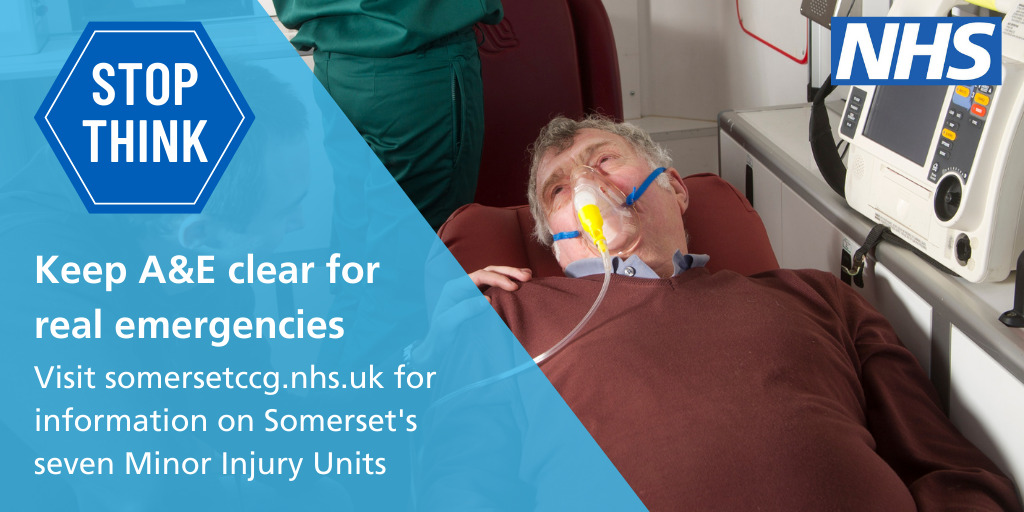
Mental health
If you, or someone you know, needs mental health support and guidance you can contact the following:
- Samaritans provide confidential emotional support if you are anxious, depressed or suicidal. Call the 24-hour helpline 08457 90 90 90
- MIND Infoline offers advice and support information. Lines are open 9.00am – 6.00pm Mon – Fri except bank holidays. Call 0300 123 3393
- Saneline is a national out-of-hours mental health helpline offering emotional support for people in mental distress. They are open between everyday between 4.30pm – 10.30pm. Call 0300 304 7000
- MindLine Somerset is a confidential listening services providing a safe place to talk if you, or someone you know, is in distress. Their emotional support and mental health helpline is open 24 hours a day, 7 days a week. Call 01823 276 892
- MindLine Trans+ provide confidential emotional, mental health support helpline and signposting service for people who identify as Trans, A Gender, Gender Fluid, Non-binary. Lines are open Mondays and Friday evenings between 8.00pm and midnight. Call 0300 330 5468
Somerset NHS Foundation Trust provide a range of services across the county to support people who are experiencing a mental health crisis. Visit their website for more information: Mental health crisis – Somerset NHS Foundation Trust (somersetft.nhs.uk)
If you are concerned about an immediate risk of harm – either to yourself or someone else – then phone 999.
Dentists
Your dentist can also help with toothache, gum problems, wisdom teeth, bleeding from the gums and most other mouth related health problems.
If you need urgent treatment, please contact your usual dental practice, as they may be able to see you or direct you to an urgent dental care service.
Find your nearest dental practice here.
If you have dental pain or toothache and your dental surgery is closed, go online at 111.nhs.uk or call NHS 111 for advice. Do not contact a GP, as they will not be able to offer emergency or out-of-hours dental care.
If you are not registered with a dentist. You can search online to find your nearest dentist taking on NHS patients.
The NHS will provide any clinically necessary treatment needed to keep your mouth, teeth and gums healthy and free of pain.
Decisions about which treatment is appropriate will be based on a clinical assessment and clinical judgement.
Your dentist must make clear which treatments can be provided on the NHS and which can only be provided on a private basis, and the costs associated for each.
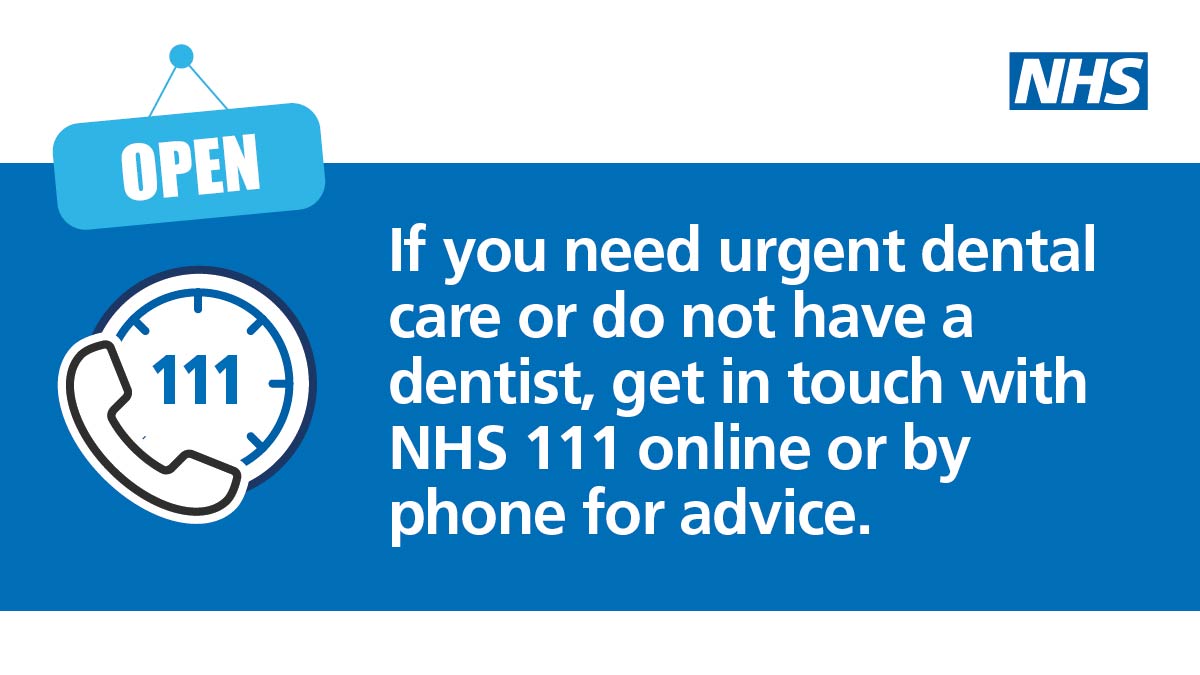
Changes to commissioning of Dental services
From April 2023, ICBs have taken responsibility for dental functions as part of new delegated responsibilities which also includes pharmaceutical and ophthalmic functions.
For more information, please go to the Commissioning page on NHSE’s website – NHS commissioning » How commissioning is changing (england.nhs.uk)
Holiday health in Somerset
For advice and care on most minor illnesses such as hay fever and insect bites and stings, you can visit your local community pharmacy and speak to a highly experienced pharmacist who can give you advice and recommend products and medication.
If you’re away from home on holiday, make sure that you’ve got some essentials with you including plasters, paracetamol, antiseptic, and order enough of your regular medication from your own GP ahead of your stay away.
Forgot your medication? Pharmacists can arrange an emergency supply of medications if you forget to renew your prescription or bring your medication on holiday, even if you don’t live in Somerset. You can also order a prescription online.
Need health advice from a GP? Anyone who is either on holiday, or visiting from another part of the country is asked to call their own GP, and not the one closest to where they’re staying in Somerset. Your GP will be able to arrange an appointment online or over the phone and can arrange for a prescription to be sent to a pharmacy near where you are staying if necessary.
For people who need urgent – but not emergency – medical care when their own GP is not open, and don’t think they can wait, go online at 111.nhs.uk at any time day or night.
Anyone with serious or life-threatening illnesses or injuries should dial 999.
Help from your council
You can access a range of health and care help and support and support from your local authority.
To report a child or an adult at risk, including weekends and public holidays please phone 0300 123 2224
The council offer range of services such as help with organising care, equipment to help with living independently, support for carers, help with transport, and public health information.
Somerset Acute Community Eyecare Scheme (ACES)
Somerset Acute Eyecare Service is a free service available to all patients registered with a Somerset GP. The service provides patients experiencing recently occurring medical eye conditions with appropriate treatment closer to home. The service is provided by local optometrists with the specialist knowledge and skills to carry out this work at a locally approved opticians.
What is the Acute eyecare service?
The Acute Eyecare Service (ACES) is a free service available to all patients registered with a Somerset GP. The service provides patients experiencing recently occurring medical eye conditions with appropriate treatment closer to home. The service is provided by local optometrists with the specialist knowledge and skills to carry out this work at a locally approved opticians.
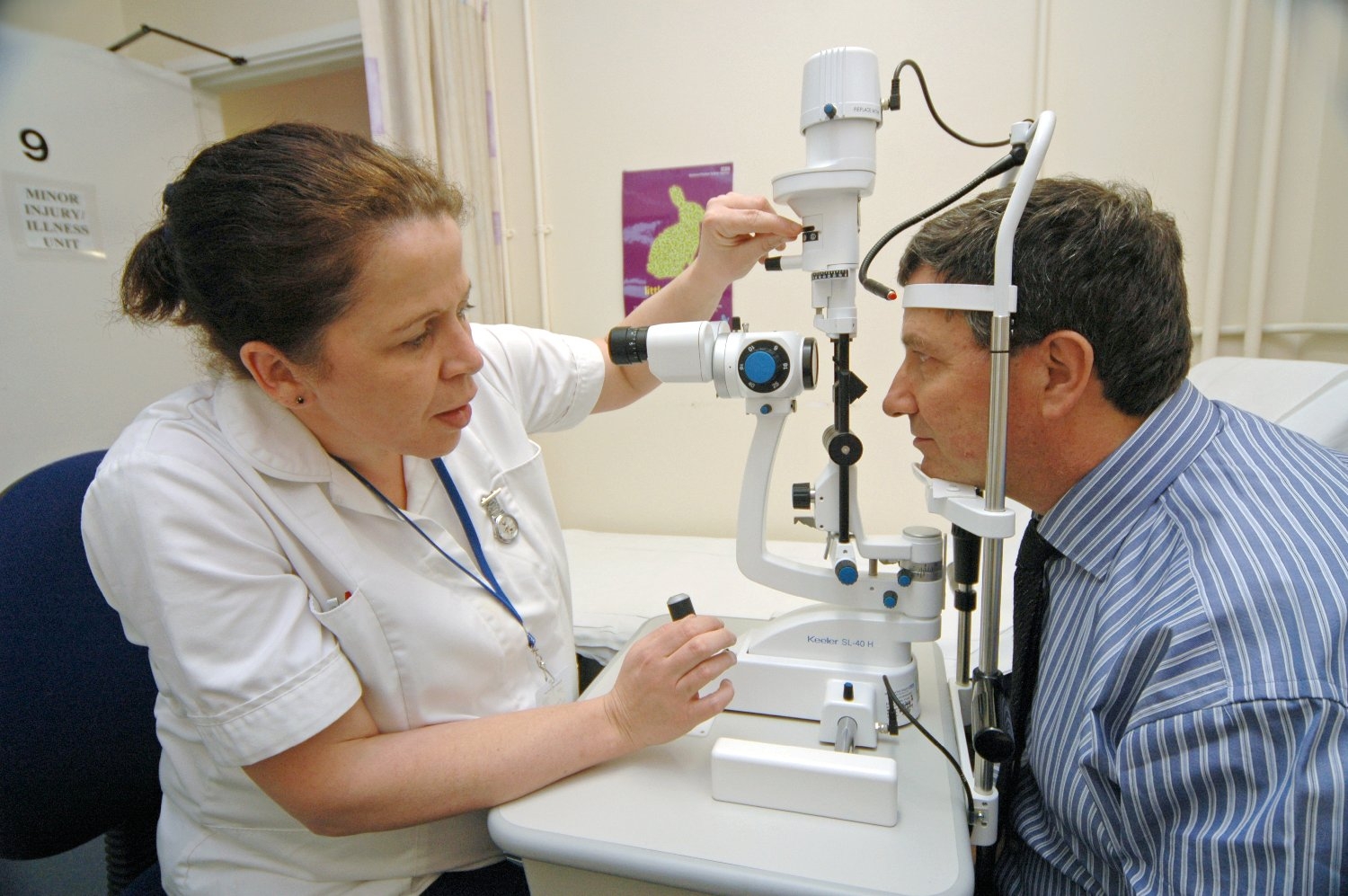
Medical eye conditions which can be treated by ACES
The service is designed for recently occurring medical eye conditions such as:
- Sudden or recent reduction in vision in one or both eyes
- Red eye(s) or eye lids
- Pain and /or discomfort in the eyes, around the eye area or temples
- Recent onset or sudden increase of flashes and/or floaters in one or both eyes
- Mild trauma, for example a scratch to the outer surface of the eye(s) or lid(s)
- Suspected foreign body in the eye
- Recent onset of double vision
- Significant recent discharge from or watering of the eye
If you are unsure whether your symptoms qualify, please contact one of the approved opticians who can advise you.
How do I access ACES?
Below is a list of approved opticians. Please be aware that your normal optometrist may have chosen not to offer this service. You can contact any of these approved opticians directly (self-refer) to make an appointment and ask to be seen under ACES.
Appointments are available during normal working hours and you will be seen within 24 hours.
Alternatively, if you make an appointment to see your GP, he or she may refer you to the optometrist for treatment.
What happens when I see the optometrist?
The optometrist will discuss your eye history, any symptoms you may be experiencing and any related medical history.
You will receive an eye assessment relevant to your symptoms.
Please take a list of all current medications and your up-to-date glasses with you to the appointment.
As a result of the consultation you may be:
- Given appropriate treatment by the optometrist, this may include a follow-up appointment
- Referred to your GP for appropriate treatment if your eye condition is related to your general health
- Referred directly to the hospital eye service if your eye condition is more serious
- Following your appointment the optometrist will notify your GP about the outcome of your consultation in order to ensure your medical records are updated.
Accessing ACES during Easter – Opening Hours
Acute Community Eyecare Scheme – Participating Practices
Please see below a list of Opticians providing the acute community eyecare scheme;


